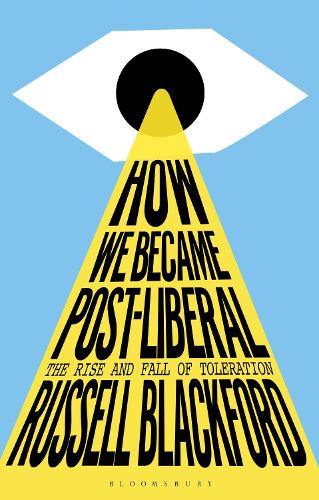
How We Became Post-Liberal: The Rise and Fall of Toleration
(Paperback)
Available Formats
Publishing Details
How We Became Post-Liberal: The Rise and Fall of Toleration
By (Author) Russell Blackford
Bloomsbury Publishing PLC
Bloomsbury Academic
11th January 2024
United Kingdom
Classifications
Tertiary Education
Non Fiction
Political science and theory
148
Physical Properties
Paperback
272
Width 136mm, Height 214mm, Spine 16mm
340g
Description
Liberalism is in trouble. As a set of ideas, it has lost much of its historical authority in guiding public policy and personal behaviour. In this post-liberal climate, Russell Blackford asks whether liberalism is truly over and, if not, if it's worth saving. How We Became Post-Liberal examines how Western liberal democracies became nations where traditional liberal principles of toleration (religious and otherwise), individual liberty and freedom of speech are widely viewed as under attack, or twisted to support conservative policies. Blackford traces the lineage of liberalism from classical antiquity and the rise of Christianity, with comparison to problems of freedom and toleration that arose in non-Western civilizations. The political and philosophical story culminates in the recent development over the past 30 to 50 years of post-liberal ideologies in the West. At each stage, he raises arguments for and against liberal principles, identifying why no argument to date has been totally successful in convincing opponents. From to the Charlie Hebdo tragedy to the murder of Samuel Pety, this is an indispensable guide for anyone wanting to understand the why, what and how of the post-liberal world.
Author Bio
Russell Blackford is a legal and political philosopher and is Senior Lecturer in Philosophy at the University of Newcastle in Australia. He is fellow of the Institute for Ethics and Emerging Technologies, editor-in-chief of The Journal of Evolution and Technology and author and editor of many books on philosophy, politics and technology including The Tyranny of Opinion (Bloomsbury, 2019).
